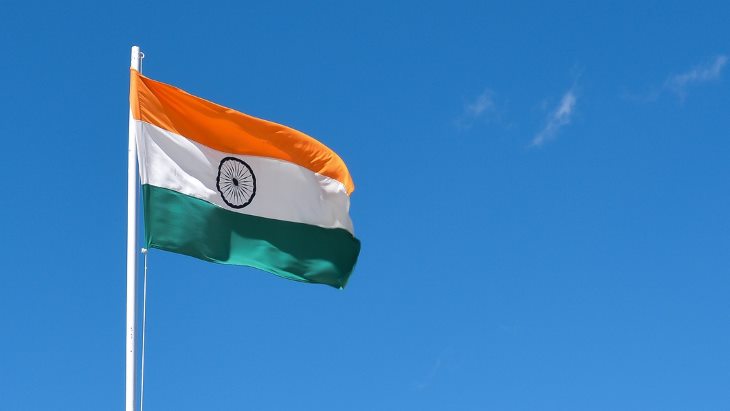Nuclear power for civil use is well-established in India. Since building two small boiling water reactors at Tarapur in the 1960s, its civil nuclear strategy has been directed towards complete independence in the nuclear fuel cycle, necessary because it is excluded from the 1970 Nuclear Non-Proliferation Treaty (NPT) due to it acquiring nuclear weapons capability after 1970. As a result, India's nuclear power programme has proceeded largely without fuel or technological assistance from other countries.
"Our learning curve was steep and we could ramp up the reactor construction to 22 reactors over the last few decades, the seventh largest fleet in the world," Vyas was quoted as saying by the Press Trust of India.
Vyas noted the overall contribution of India's 22 operating reactors to the country's electrical grid is relatively small, at about 3%. This, he said, is due to the smaller capacity indigenously designed reactors built initially to gain experience in nuclear technology.
The Indian government is committed to growing its nuclear power capacity as part of its infrastructure development programme, and has seven units currently under construction. These are: four indigenously designed pressurised heavy water reactors (PWRs), two each at Kakrapar and Rajasthan; two Russian-designed VVER PWRs at Kudankulam; and an indigenously designed prototype fast breeder reactor at Kalpakkam.
India plans to build 21 new nuclear power reactors - including 10 indigenously designed pressurised heavy water reactors (PHWRs) - with a combined generating capacity of 15,700 MWe into operation by 2031, the DAE announced in January.
Speaking at the same event, former Atomic Energy Commission Chairman Anil Kakodkar said access to imported uranium can accelerate the nuclear programme's size as well as large scale thorium deployment. Referring to the waiver of the Nuclear Suppliers Group (NSG) to India in 2008, he said the nuclear programme now has much less constraints.
The NSG is a group of nuclear supplier countries that contributes to the non-proliferation of nuclear weapons by controlling the export of materials, equipment and technology that could potentially be used in their manufacture. All of its members, unlike India, are signatories of the NPT. Measures including a comprehensive specific safeguards agreement with the International Atomic Energy Agency, an exception under NSG rules and a round of bilateral nuclear cooperation deals have enabled India to play an increasing part in the international nuclear marketplace.
India applied to join the NSG in May 2016, and the USA has previously pledged to work towards its entry into the group. The NSG at its June 2018 plenary said it "continued to consider all aspects" of its 2008 Statement on Civil Nuclear Cooperation with India and its relationship with the country.





_83147.jpg)
_87299.jpg)
_52351.jpg)







